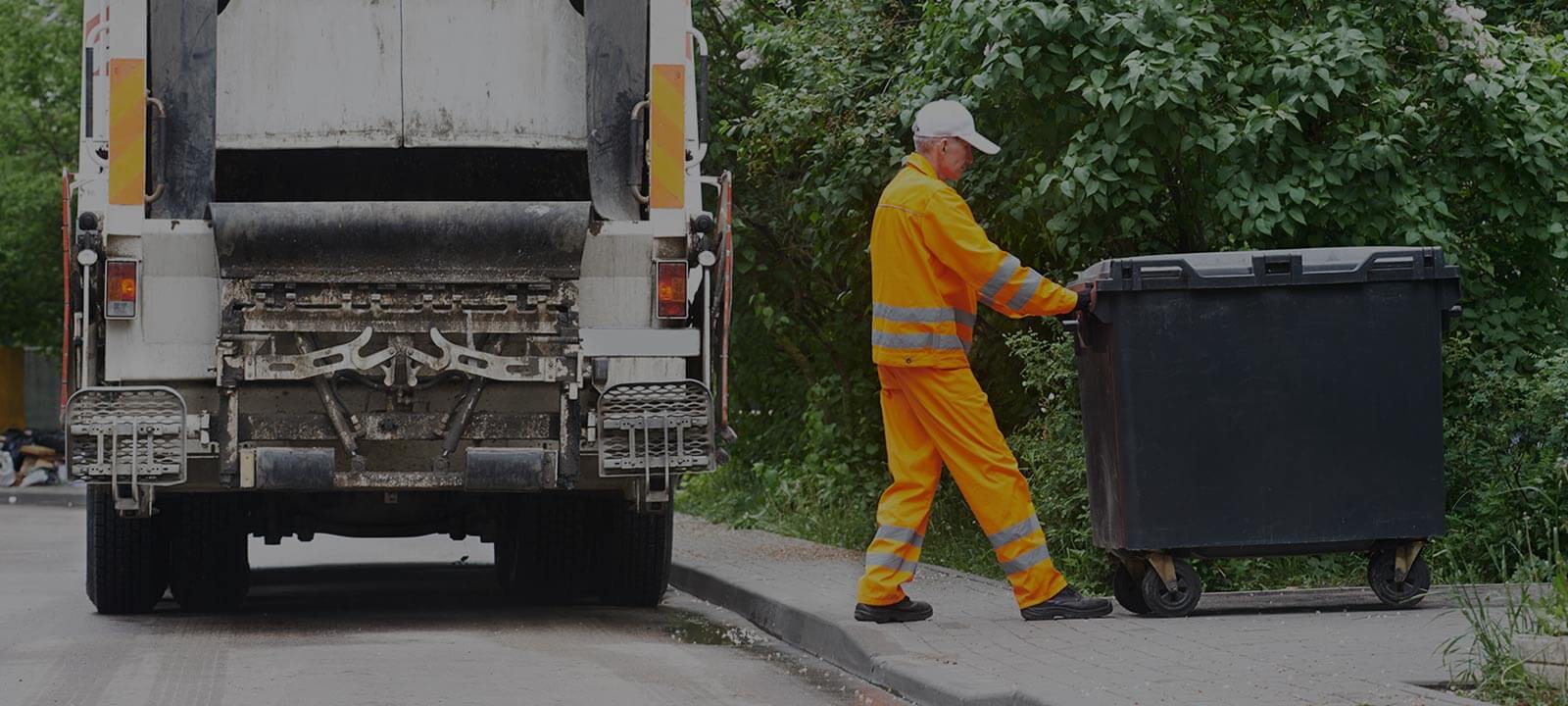Do's and Don'ts for Office Waste
Posted on 06/02/2025
In today's world, sustainability and environmental responsibility are more critical than ever. Offices, as significant consumers of resources, have a crucial role to play in waste management. Effective waste management practices in offices can not only reduce environmental impact but also promote a healthier, more efficient working environment. This article explores the do's and don'ts for office waste management.
Do: Implement a Comprehensive Recycling Program
One of the first steps in managing office waste effectively is to implement a comprehensive recycling program. This includes providing clearly labeled recycling bins for various types of recyclables, such as paper, plastics, metals, and electronics. Ensure that all employees are aware of and trained in using the recycling system properly. Regular audits and feedback can help in improving the system continuously.

Don't: Neglect Proper Training and Education
Simply placing recycling bins around the office is not enough. It's crucial to educate and train employees on what can be recycled and how to recycle efficiently. Organizing workshops, sending out informative emails, or placing informative posters around the office can significantly improve participation and compliance with the recycling program.
Do: Encourage Digital Documentation
Going paperless is one of the most effective strategies for reducing office waste. Encourage employees to use digital platforms for documentation, communication, and collaboration. Use cloud storage, electronic signatures, and online forms to minimize the need for physical paper. Not only does this reduce waste, but it also improves efficiency and accessibility.
Don't: Print Unnecessarily
Despite the push towards digital solutions, printing is still common in many offices. Avoid unnecessary printing by defaulting to double-sided printing, reducing font size, and reviewing documents digitally. Before printing, always ask if it's absolutely necessary. Encourage employees to use digital notes and meeting agendas instead of printed versions.
Do: Implement a Waste Reduction Policy
A formal waste reduction policy can provide clear guidelines and goals for waste management in the office. This policy should outline the office's commitment to reducing waste, including specific actions such as reducing paper usage, encouraging recycling, and opting for eco-friendly products. Monitor and report on the policy's progress regularly to ensure continuous improvement.
Don't: Ignore Electronic Waste
Electronic waste (e-waste) is a growing concern, with improper disposal leading to significant environmental harm. Establish a policy for the proper disposal of electronic devices like computers, printers, and phones. Partner with certified e-waste recycling companies to ensure that these items are disposed of responsibly. Encourage employees to donate or recycle their personal e-waste as well.
Do: Promote Reusable Items
Single-use items contribute significantly to office waste. Encourage the use of reusable items such as coffee mugs, water bottles, and cutlery. Provide incentives for employees to bring their own reusable items and consider providing branded reusable items as part of an office welcome kit. This simple change can greatly reduce the volume of waste generated in your office.
Don't: Use Disposable Items
Try to avoid using disposable items as much as possible. This includes single-use coffee cups, plastic cutlery, and paper plates. If disposable items must be used, opt for biodegradable or compostable alternatives. Additionally, provide easily accessible washing stations to facilitate the use of reusable items.
Do: Opt for Eco-Friendly Office Supplies
Choose office supplies that are made from recycled materials or are biodegradable. This includes paper products, pens, and cleaning supplies. Look for suppliers who prioritize sustainability and eco-friendliness. This can help reduce the environmental impact of your office's operations.
Don't: Purchase Excess Supplies
Over-purchasing office supplies can lead to unnecessary waste. Create an inventory management system to track supplies and ensure that only what is needed is ordered. This helps in preventing the accumulation of unused items that may eventually be discarded. Bulk purchasing can be efficient, but it should be balanced with actual office needs.
Do: Conduct Waste Audits
Regular waste audits can help you understand the types and volumes of waste your office generates. This information is crucial for identifying areas where waste reduction efforts can be improved. Waste audits involve examining the waste stream to determine what is being discarded and why. Use the findings to adjust your waste reduction strategies accordingly.
Don't: Overlook Food Waste
Food waste is a significant contributor to office waste, especially in offices with cafeterias or break rooms. Encourage employees to bring their own meals in reusable containers and to only take what they will consume. Composting organic waste can also be a viable option if your office space allows for it. Educate employees on the importance of minimizing food waste and proper disposal methods.
Do: Use Energy Efficient Appliances
While not directly related to waste, using energy-efficient appliances can contribute to overall sustainability efforts. Appliances with high energy efficiency ratings consume less power, reducing the overall environmental impact of your office operations. Encourage employees to turn off lights, computers, and other electronics when not in use to save energy.

Don't: Ignore the Environmental Impact of Your Purchases
Every product your office buys has an environmental footprint. Consider the lifecycle of office products, from production to disposal. Opt for products that are sustainable, have minimal packaging, and are designed for long-term use. Avoid products that have significant environmental costs or are known for being difficult to recycle or dispose of.
Conclusion
Effective office waste management requires a collective effort from all employees and a commitment to sustainable practices. By implementing the do's and avoiding the don'ts outlined in this article, your office can significantly reduce its environmental footprint, contribute to a healthier planet, and create a more efficient and pleasant working environment. Remember, every small action counts towards a larger impact. Start with these guidelines and continuously seek ways to improve and innovate in your waste management practices.
Latest Posts
Reusing for Resource Conservation
Industry applauds government's dedication to improving e-waste recycling practices






